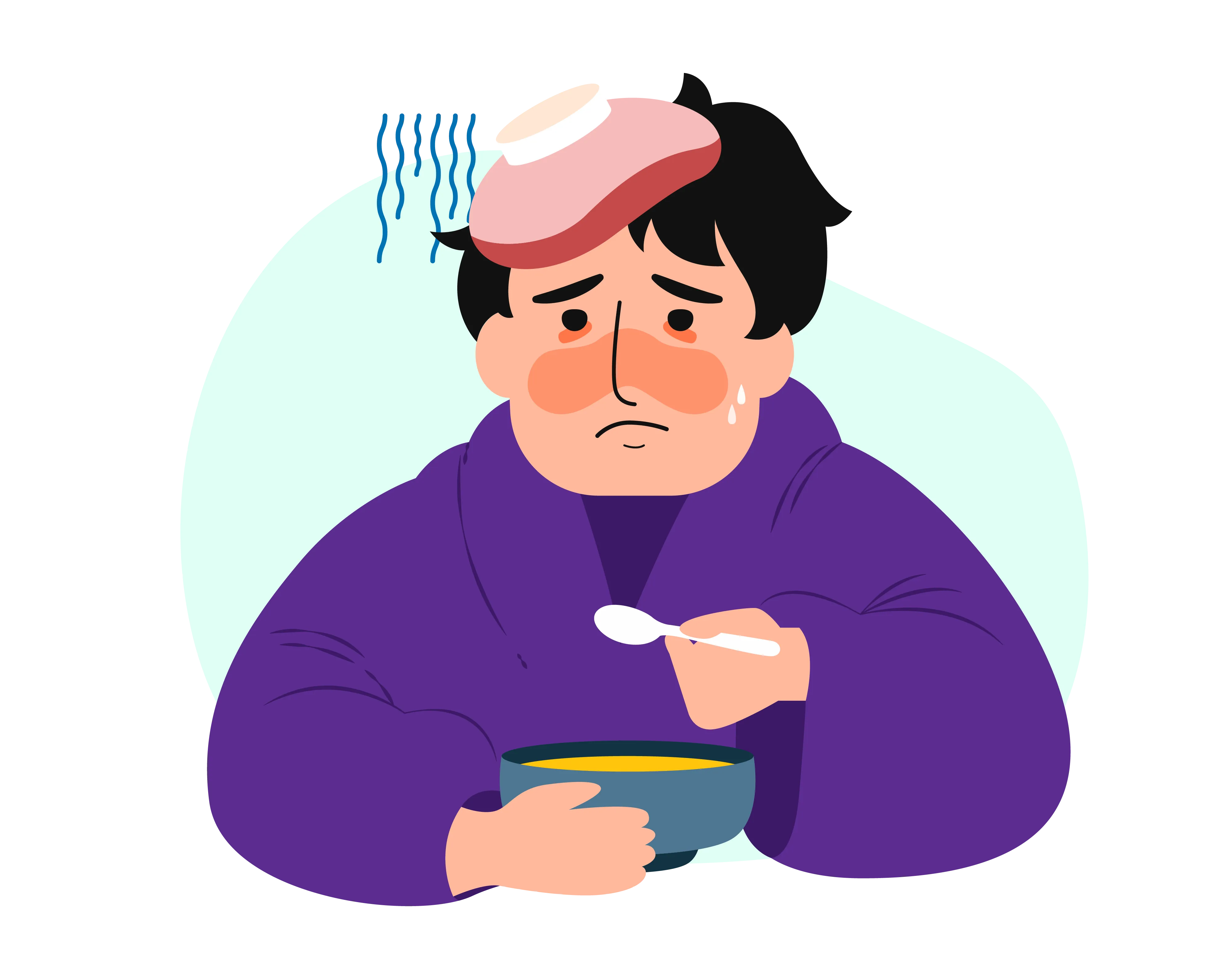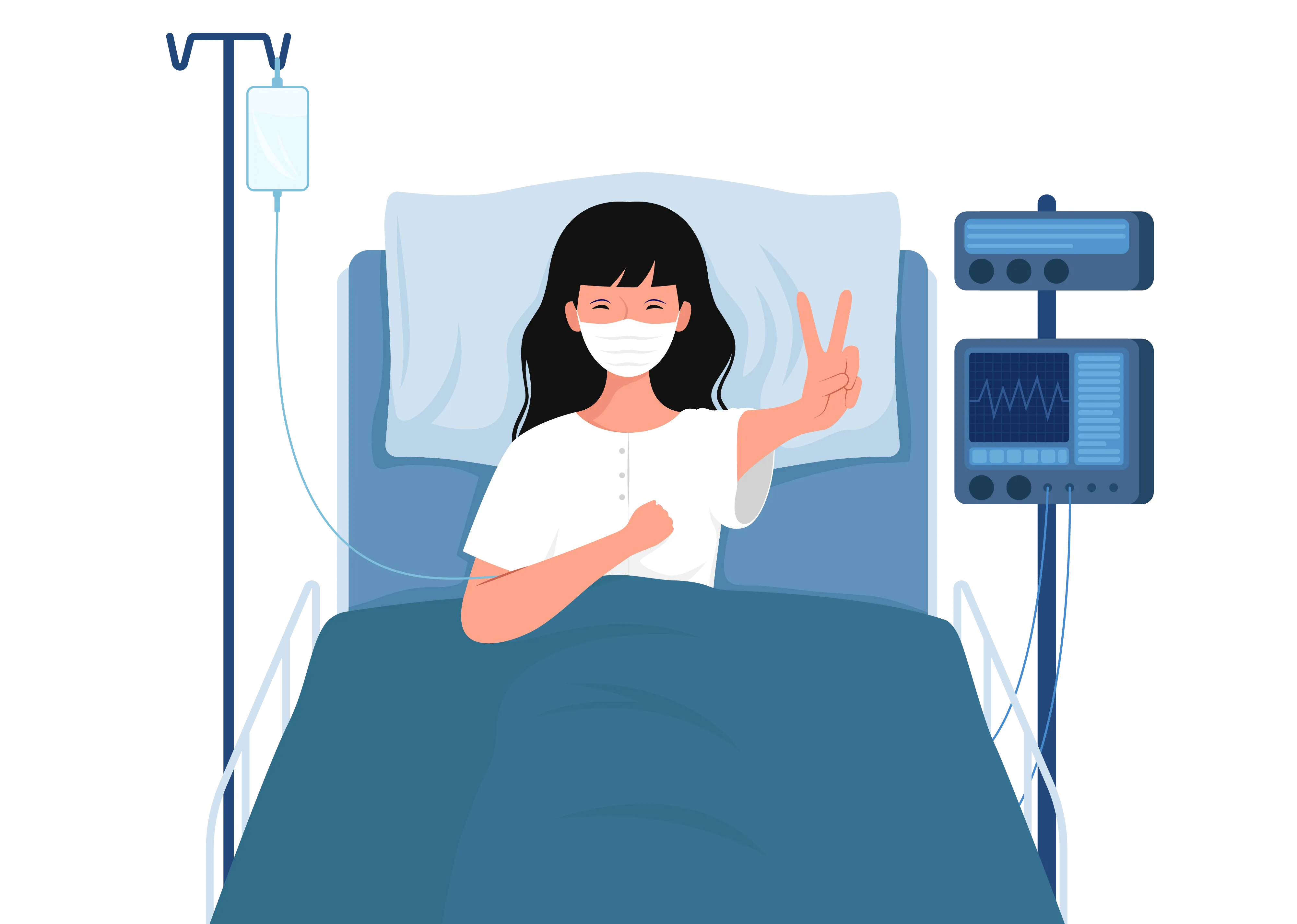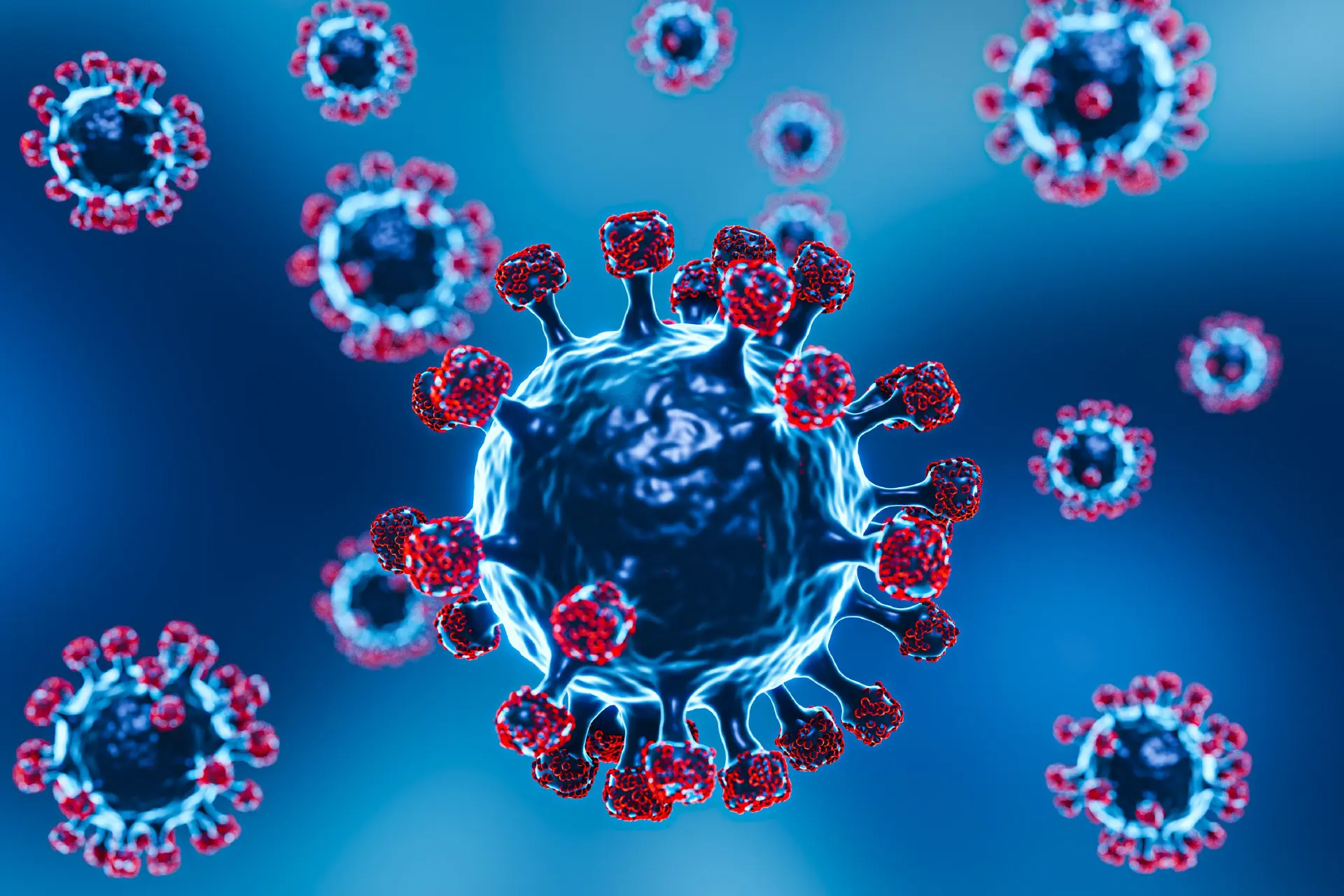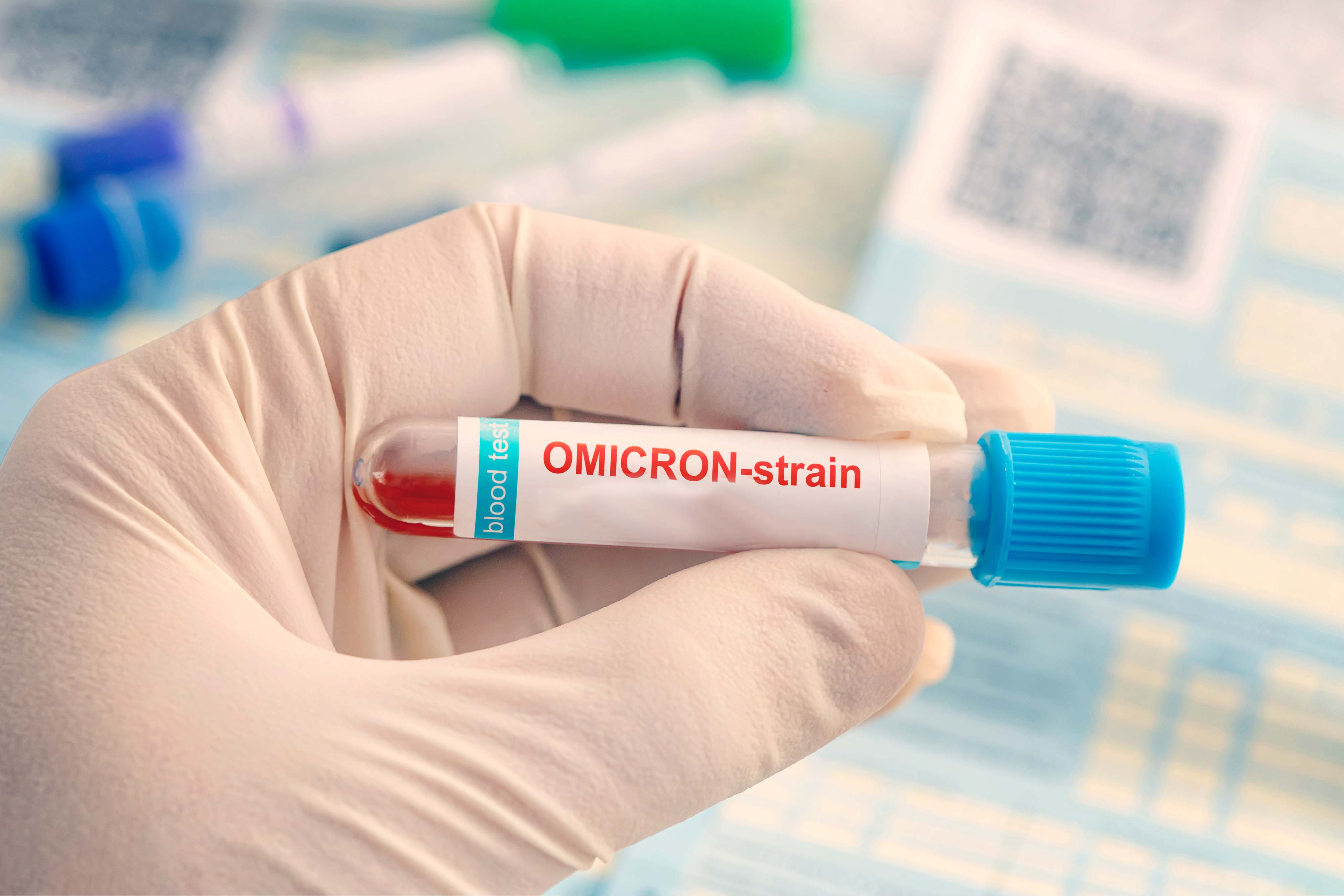Covid | 7 min read
After Recovery From COVID, What to Do and How to Cope? Important Dos and Don'ts
Medically reviewed by
Table of Content
Key Takeaways
- Post-COVID-19 symptoms like cough usually last for 7 to 14 days
- Understanding how COVID spreads help you to take proper precautions
- Eat healthy fruits and vegetables to boost any lost immunity
Kudos to you for surviving and recovering from the novel coronavirus infection! While you may be feeling well again, remember, the battle isn’t over yet. Although advancements have been made in treatment, there is still a long way to go as the disease prevails across the globe [1]. With the emergence of different COVID-19 [2] variants, the road ahead looks challenging.
Even after recovery, people may experience several complications of COVID-19. It can affect multiple organs including lungs, heart, kidney, brain, nerves, and can lead to mucormycosis or black fungus in some cases. Experts have found that a positive result of COVID-19 after recovery simply suggests that there are harmless virus particles in the body, which the immune system has already defeated.
People often experience certain post-COVID-19 signs and symptoms. While these prove severe in some, they don’t affect all survivors. Although these symptoms subside in 7-14 days, here are some things you need to do after having recovered from coronavirus. Read through the dos and don’ts of your diet, post-COVID exercises and other handy tips.

Post-COVID-19 Symptoms and How to Cope
Not everyone suffers from post-COVID-19 symptoms. The symptoms differ from person to person and may usually last for 7 to 14 days. Here are the common post-COVID-19 symptoms, how to cope with them, and the things you need to do after having recovered from coronavirus.
- Fatigue: You may experience low energy levels or fatigue during your recovery period. Plan your day, rest well, organize your work and take breaks to manage this effectively.
- Anxiety: Post-COVID-19 symptoms can affect you emotionally. Engage yourself in activities you like connecting with friends and family, avoiding negative news, meditating, and de-stressing.
- Cough: You may experience cough for several days after your COVID-19 treatment. Do a saltwater gargle mixed with turmeric, drink kadha or honey and lemon water, and lots of fluids. Avoid alcohol, caffeine, and sugary drinks.
- Chest congestion: Do some breathing exercises to get relief from chest congestion and excessive phlegm. Practice relaxed breathing with your shoulders relaxed and deep breathing by breathing in slowly and deeply.
- Attention, thinking, and memory problems: It is common for people recovering from COVID-19 to face issues like lack of concentration and having difficult thinking. This can affect relationships, work, and daily activities. Exercise can help you clear your mind. However, choose low-intensity exercises and start with 5-10 minutes of activity initially. This is because you may experience breathlessness, tiredness, and fatigue during your post-COVID-19 recovery period.
- You may experience other signs like joint and muscle pains, fever, breathlessness, chest pain, dizziness, loss of appetite, fear, and insomnia. Take appropriate measures at home and consult your doctor if the symptoms prevail or become severe as they may lead to further complications.
Things You Need to Do After Having Recovered from Coronavirus
- Continue following appropriate COVID-19 behaviour such as wearing a mask, washing hands with soap, and practicing physical distancing.
- Take your medications for existing diseases like diabetes and hypertension. You can consult a doctor before continuing with the medications.
- Post-COVID-19 measures to control them or consult your physician.
- Take care of your mental health.
- Eat healthy and fresh foods, keep yourself hydrated, and get enough sleep.
- You can consider COVID rehabilitation.
- Follow up with a doctor after 10 days from your discharge or as advised by your medical practitioner.
How COVID spreads
To take care of yourself after beating the infection, learn how COVID spreads. The COVID-19 disease is caused by the contagious virus SARS-CoV-2. The virus spreads through water droplets or small aerosols from the infected person's mouth or nose. These small liquid particles are discharged when the infected person breathes, sneezes, or coughs [3]. The virus in these liquid particles then enters other people’s bodies through the eyes, mouth, and nose. Researchers suggest that the virus spreads mainly if you are in close contact with an infected person i.e. within 1 meter. You may also get infected if you touch surfaces that have been exposed to the virus.
Do’s and Don'ts for wearing mask
If you have recovered recently, ensure you prioritise proper usage of a mask, keeping these guidelines in mind.
- Do wash your hands before putting the mask on. If you are traveling, use hand sanitizer with at least 60% alcohol content.
- Do cover your mouth and nose with a mask.
- Make sure the mask fits properly over the chin and sides of your face.
- Buy a comfortable mask that doesn't make you feel suffocated and lets you breathe easily.
- Remove the mask only by touching the straps or ties and wash your hands.
- Do wear a mask in public at all times especially if it's not possible to maintain a distance of six feet.
- Wash the mask after using it. If you are using a disposable mask, throw it out after using it.
- Don't use the mask if you have trouble breathing.
- Do not wear a mask on your forehead, around the neck, or around your arm.
- Don't touch the portion of the mask covering your mouth. If you have to, clean your hands before and after [4].
- Do not wear masks during activities such as swimming, where the mask may become wet.
- Don't go too close to people or avoid meeting people who are sick even if you are wearing a mask.
Additional Read: Critical care measures to take for COVID-19 with pre-existing medical conditions

Dos and Don’ts of Your Post-COVID-19 Diet
Battling with COVID-19 drains your immune system. Eat fresh, easily digestible, and home-cooked food to help your body regain immunity. Some people may experience difficulty in swallowing during post-COVID-19 recovery. To avoid complications, take smaller and frequent portions of meals.
- Eat rice, pasta, whole grains, cereals, and other foods rich in calories to refill your lost energy.
- Add lentils, dairy products, soy products, nuts, seeds, chicken, eggs, fish, and other protein-rich foods to your diet.
- Do consume fruits and green leafy vegetables as they are a great source of vitamins, minerals, fiber, and antioxidants.
- Drink immune-boosting drinks such a herbal tea, green tea, turmeric milk, and kadha.
- Add spices like garlic, ginger, turmeric, and cinnamon to your foods as they are rich in phytochemicals and bioactive compounds.
- Drink a lot of fluids including water and fruit juices. Drink at least 8 glasses of water every day.
- Avoid eating outside food.
- Do not drink carbonated drinks, processed juices, or other drinks containing added sugar and flavors.
- Say no to processed foods such as cakes, cookies, savory snacks, and processed meat.
- Avoid frozen food including sausages and frozen meat.
- Do not eat trans-fat found in foods items like fried food, cookies, and frozen pizza.
- Do not eat leftovers or stale food items.
Additional Read: Need to Travel During the COVID-19 Pandemic? Important Tips to Consider
Follow these dos and don’ts for wearing mask and other safety guidelines [5] to protect yourself and others. Get vaccinated after completing 90 days from recovery [6]. Stay in isolation for a defined period and avoid meeting people unnecessarily until you are free for all COVID-19 symptoms. Eat healthily, stay hydrated, sleep well, and start your exercise gradually to boost your immunity. It is normal to feel anxious or have a lot of doubts and questions as to how COVID spreads and the post-COVID-19 complications. Do not worry as you can book and consult doctors and specialists virtually on Bajaj Finserv Health by staying safe at home and get all your health-related queries answered.
References
- https://COVID19.who.int/
- https://www.cdc.gov/coronavirus/2019-ncov/variants/variant.html
- https://www.who.int/news-room/q-a-detail/coronavirus-disease-COVID-19-how-is-it-transmitted#:~:text=%E2%80%A2%20Current%20evidence%20suggests%20that,nose%2C%20or%20mouth.
- https://www.cdc.gov/coronavirus/2019-ncov/downloads/hcp/fs-facemask-dos-donts.pdf
- https://www.mohfw.gov.in/pdf/Illustrativeguidelineupdate.pdf
- https://www.cdc.gov/coronavirus/2019-ncov/vaccines/faq.html
Disclaimer
Please note that this article is solely meant for informational purposes and Bajaj Finserv Health Limited (“BFHL”) does not shoulder any responsibility of the views/advice/information expressed/given by the writer/reviewer/originator. This article should not be considered as a substitute for any medical advice, diagnosis or treatment. Always consult with your trusted physician/qualified healthcare professional to evaluate your medical condition. The above article has been reviewed by a qualified doctor and BFHL is not responsible for any damages for any information or services provided by any third party.






